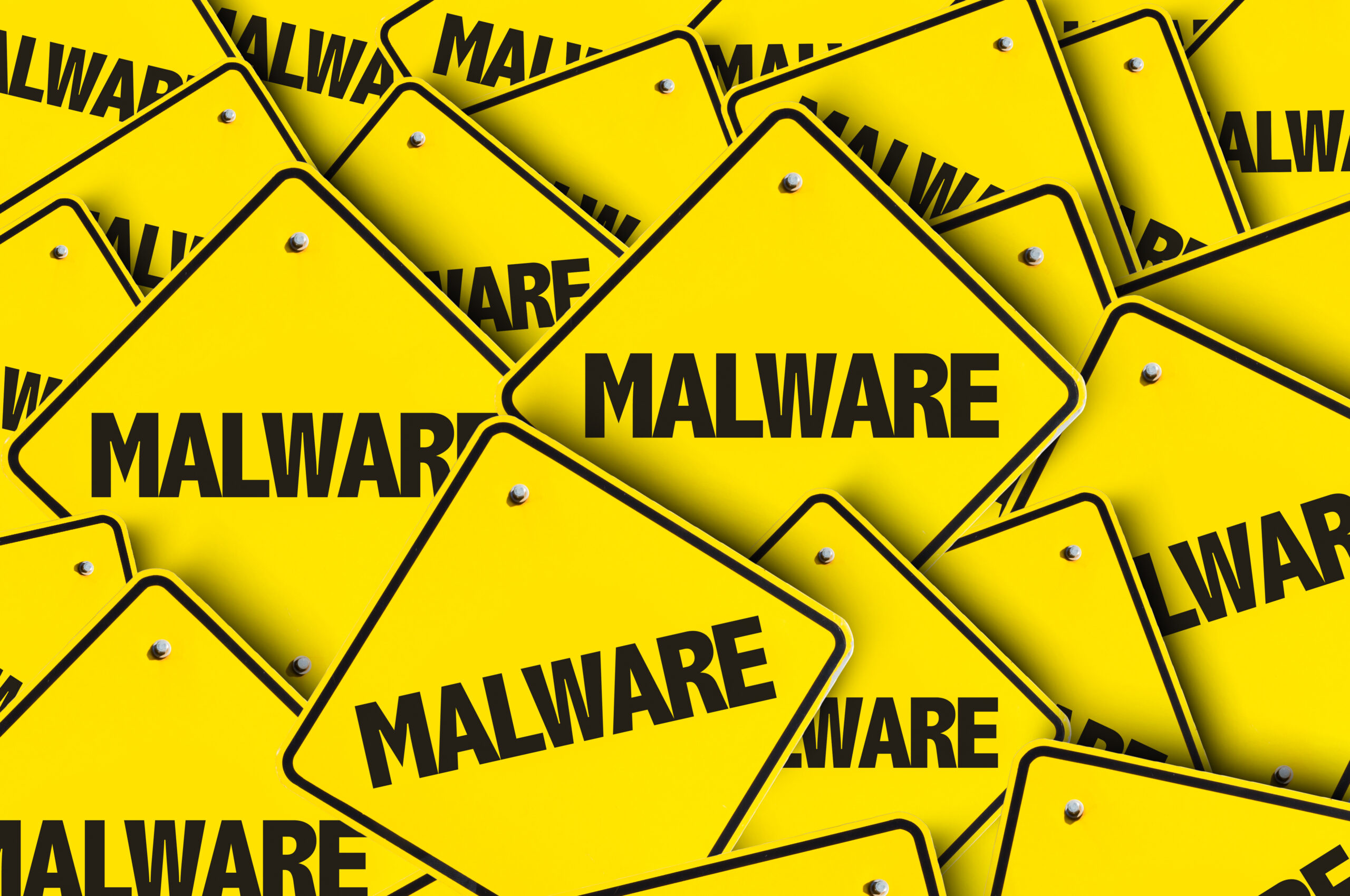While trusted brands were once a beacon of reliability and security, cybercriminals now impersonate these reputable names to deceive individuals and businesses with a new phishing scam. This article delves into the rise of smart malware attacks and how they exploit unsuspecting victims through convincingly designed emails and hidden malicious code.
By understanding these tactics and implementing robust cybersecurity measures, organizations can protect themselves from the dire consequences of falling victim to these scams.
Stay informed and stay safe in the ongoing battle against viruses and malware impersonating trusted brands.
Key Takeaways
- Cybercriminals are using increasingly sophisticated methods to distribute malware, including impersonating trusted brand names.
- The recent malware threat involves convincing-looking emails from a widely used e-signature platform, with malicious code hidden in an attachment that bypasses some antivirus software.
- Businesses are at risk of data exposure and ransomware attacks as a result of these scams, particularly small and medium-sized businesses targeted by HTML attachment attacks.
- It is crucial for users of e-signature software to double-check email authenticity and take proactive measures to enhance cybersecurity, such as blocking emails with suspicious attachments and staying updated on the latest tech updates and scams.
The Rise of Smart Malware Attacks

The recent increase in smart malware attacks has posed a significant threat to businesses, as cybercriminals continue to evolve their tactics and bypass conventional security measures.
These attacks not only put businesses at risk of data exposure but also leave them vulnerable to ransomware attacks.
Moreover, the impersonation of trusted names increases the chances of victims falling for the scam and adds credibility to the malicious activities.
To mitigate the impact of smart malware attacks, businesses should prioritize double-checking email authenticity before opening attachments and consider implementing measures to block emails with suspicious attachments.
Additionally, staying updated on the latest tech updates and scams, as well as seeking professional help to enhance cybersecurity measures, are crucial strategies for identifying and mitigating these sophisticated attacks.
How Trusted Brands Are Being Impersonated by Malware
Amidst the rise of smart malware attacks, cybercriminals are employing sophisticated tactics to impersonate trusted brands, jeopardizing the security and reputation of businesses. These attacks have a significant impact on consumer trust, as victims are deceived into believing they are interacting with a legitimate and trustworthy entity.
The use of highly trusted brand names increases the chances of victims falling for the scam, as it adds credibility to the fraudulent activity. This poses legal consequences for cybercriminals, as impersonation and fraudulent activities are punishable offenses.
Businesses need to take preventive measures to protect themselves and their customers. Double-checking email authenticity, blocking suspicious attachments, and implementing robust cybersecurity measures are crucial.
Staying informed about the latest tech updates and scams is essential to stay ahead of cybercriminals and maintain the trust of consumers.
Protecting Your Business From Malicious Brand Impersonation
Beware of cybercriminals using sophisticated tactics to impersonate trusted brands and jeopardize the security and reputation of businesses.
The impact of malware attacks on small businesses cannot be underestimated. Recent malware threats have become unusually smart, impersonating highly trusted brand names to deceive their targets. One such tactic involves sending convincing-looking emails from widely used e-signature platforms, with malicious code hidden in attachments that can bypass some antivirus software.
To detect and prevent brand impersonation scams, businesses need to be vigilant. Double-checking email authenticity is crucial, especially for those using e-signature software. Implementing good cybersecurity measures, such as blocking emails with suspicious attachments, staying updated on the latest scams, and seeking professional help if needed, are essential strategies to stay ahead of cybercriminals.
Secure Your Business in a World of Smart Malware Attacks
The growing sophistication of smart malware attacks and brand impersonation scams highlight the urgency of robust cybersecurity measures for every business. At ZZ Servers, we believe in your right to a secure business environment. Our experienced team offers services such as Endpoint Security, Incident Response Planning, and Cybersecurity & Managed IT Services specifically designed to counter these evolving threats.
Our commitment is safeguarding your business reputation, protecting your data, and enhancing customer trust. With our 24/7 support, we’re always there to ensure your IT infrastructure remains secure against the latest malware tactics. We take pride in our track record of predictable, documented results, and our emphasis on process, trust, and accountability.
Don’t let your business be the next victim of a smart malware attack or brand impersonation scam. Contact us today to learn how we can help fortify your business against these threats. Let ZZ Servers be your trusted partner in navigating the complex world of IT security. Trust us to handle your IT, so you can focus on what you do best – running your business.



